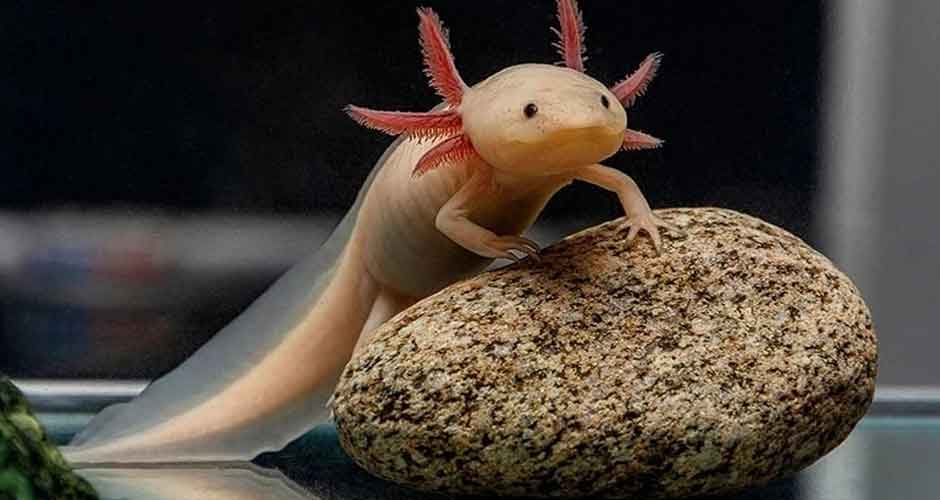Axolotls are otherworldly looking and remarkably regenerative. A common question from potential owners is: how long do these creatures live and what factors that determine their lifespan? This article provides an answer to this question and covers other interesting details about axolotls. Without any further ado, let’s dive right into it.
Axolotl Lifespan: A General Overview
Axolotls are fairly long living creatures. They live longer in captivity than in the wild, although exact longevity depends on several factors. Optimal conditions allow a captive axolotl to live for about 10 to 15 years or longer. But these are averages and individual lifespans may vary considerably.
How Long Do Axolotls Live in the Wild and in Captivity?
The wild is brutal for axolotls. Predation, pollution and habitat loss threaten their survival. This means they die much earlier in the wild than in captivity. The exact figures are hard to come by but many wild axolotls are thought to die just after a few years.
Captive axolotls, on the other hand, have a much greater chance of surviving to the fullest extent of their life span. With appropriate water conditions, a balanced diet and a stress-free environment, axolotls may live more than a decade.
Factors Affecting Axolotl Longevity
Axolotl longevity depends on several factors:
Water Quality
An axolotl needs good water quality for its health. Purified, dechlorinated water must be used and ammonia, nitrite and nitrate must not exceed low levels. The buildup of unhealthy substances is prevented by frequent water changes.
Diet
Axolotls require a varied diet. They like live or frozen bloodworms, brine shrimp, and daphnia. A balanced diet prevents nutritional deficiencies that cause illness and shorten their life.
Temperature
Axolotls favor cold water – between 16 to 18 degree Celsius/61 to 64 degF. High temperatures can raise their metabolism and cause stress and shortening of life.
Disease
Like all animals, axolotls can get sick as a result of diseases. Hygiene, regular water changes and timely treatment of illnesses help prevent an early death.
Genetics
Genetics also influence how long an axolotl lives. Some axolotls are possibly genetically predisposed to certain diseases that affect their longevity.
Stress
Axolotls are soft animals. Bad water quality, crowding or improper handling may exhaust them, weaken their immune systems and shorten their lifespan.
The Role of Neoteny
Axolotls are known for neoteny, meaning they keep larval features like external gills and a watery lifestyle throughout life. Neoteny generally correlates with longevity, but is not the only factor determining how long they live.
Conclusion: Caring for Your Axolotl
Axolotls make good companions when properly cared for. Ensuring good water quality, a healthy diet and reducing stress may increase their chances of living long. Early detection of health and behavior problems requires frequent monitoring.
Axolotls may live up to a decade in your home with proper care and love.
